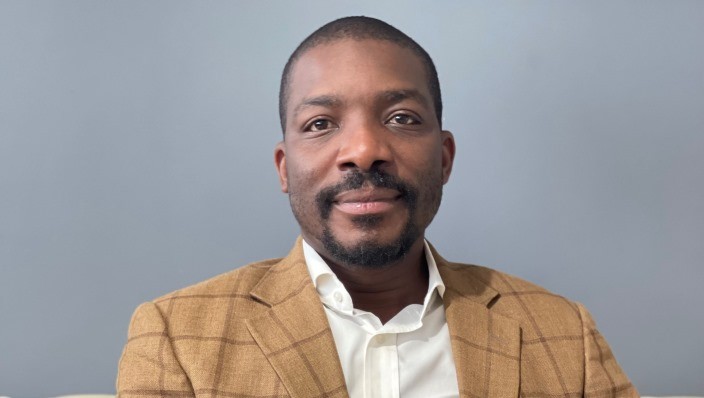The Ministry of Marine and Blue Economy has commenced discussions with the Bank of Industry (BOI) to facilitate single-digit interest loans for fishermen across the country, with the aim of addressing the 2.1 million tonnes local fish production deficit worth over $1 billion in imports.
While the country’s fish demand exceeds 3.6 million metric tonnes yearly, with domestic production at only 1.5 million tonnes according to industry data, the ministry said the loan is part of efforts to boost local fish production and combat illegal, unreported, and unregulated (IUU) fishing in Nigerian waters.
Minister of Marine and Blue Economy, Dr. Adegboyega Oyetola, disclosed this while responding to questions from journalists yesterday at the close of the 16th Conference of Ministers of the Fisheries Committee for the West and Central Gulf of Guinea (FCWC), held in Lagos.
Oyetola explained that the initiative was aimed at empowering artisanal fishermen through cooperative structures that would enable them to access affordable funding and expand their production capacity.
“We are already in discussions with the Bank of Industry to look at the possibility of making single-digit loans available to fishermen. You know commercial banks won’t give you single-digit loans, but institutions like BOI can do that. We are in touch with them to facilitate this process so that fishermen can get support at a sustainable rate,” he stated.
The Minister noted that the government’s goal was to enhance fish production, promote value chain development, and reduce the country’s dependence on imported fish, which continues to drain foreign exchange.
He said the country had recorded an improvement in fish production since the ministry’s creation, moving from 1.1 to about 1.4 million metric tonnes, even as efforts were ongoing to strengthen local capacity through technological interventions and better coordination within the region.
“We are also looking at the possibility of establishing local feed mills to reduce production costs. In addition, we must improve storage facilities to help fishermen preserve their harvest beyond a day. These are some of the strategies we are implementing to build a sustainable fishing industry,” he said.
On the issue of illegal, unreported, and unregulated fishing, Oyetola acknowledged that the practice remained a major economic challenge, with the country losing billions of naira yearly to foreign vessels exploiting Nigeria’s waters.
He said these foreign vessels go beyond the nation’s borders, switching off their systems and “harvest our fish, only to sell it back to us as imported fish.”
Oyetola emphasised that the only effective way to address the menace was through technology and regional collaboration.
“We are losing billions through these practices, but with the deployment of modern monitoring technologies, we can reduce this to the barest minimum,” the Minister stated.
Oyetola added that his ministry was committed to working with other member states of the Fisheries Committee for the West and Central Gulf of Guinea to ensure effective regional monitoring and shared intelligence to curb illegal fishing across borders.
Meanwhile, in his parting remarks, the outgoing Chairman of the FCWC and Acting Director General of Liberia’s National Fisheries and Aquaculture Authority, Cyrus Saygbe, commended the Nigerian Minister for his commitment to regional cooperation and expressed optimism that the ongoing joint patrols and technological initiatives would help mitigate the scourge of illegal fishing.
He lamented the continued loss of billions of dollars yearly by African countries due to illegal and unregulated fishing activities.
According to him, the Gulf of Guinea still experiences huge exploitation from illegal fishing, which has been one of the biggest challenges for the FCWC.
“We need to innovate and introduce technologies that can outsmart these operators who have now developed their own systems to evade detection,” he stated.
He expressed hope that the World Trade Organisation (WTO) Bill has been passed to help checkmate bigger countries that support illegal fishing in African waters.
The outgoing chairman noted that the FCWC was planning a joint regional patrol and would strengthen its monitoring framework through collaboration with member states, technical partners, and regional institutions.
“We know there are powerful countries and companies involved in this exploitation, and while we may not mention names, our focus now is to design internal strategies to protect our waters collectively. That is the strength of regional cooperation, and we will continue to build on it,” he added.





